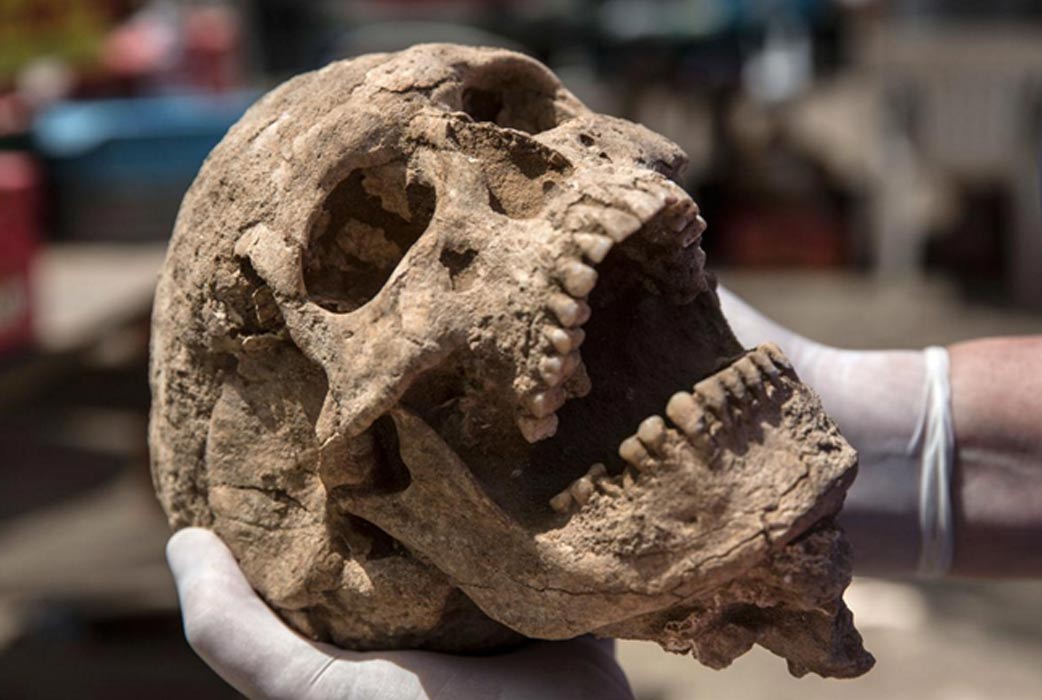Discovery of 3,000-Year-Old Philistine Cemetery May Change History
In a groundbreaking archaeological discovery, a team of researchers has recently unearthed the first known cemetery of the Philistines in southern Israel. This remarkable find has the potential to shed new light on the origins and history of this enigmatic ancient people, who are often cast as the Hebrew Bible’s antagonists and were a significant component of the Sea Peoples. This discovery promises to provide long-awaited answers to the mysteries surrounding the Philistines.
The Philistines were an ancient people who inhabited the region known as Philistia, located along the eastern coast of the Mediterranean Sea. Historically, they have been depicted as adversaries of the Hebrews in the Old Testament, particularly in stories like David and Goliath. The origins of the Philistines have long been debated, with some theories suggesting they migrated from the Aegean region.
The excavation of the Philistine cemetery, located in the ancient city of Ashkelon in southern Israel, marks a significant milestone in the study of this ancient culture. The cemetery dates back approximately 3,000 years, placing it in the Iron Age, a time of great historical importance.
The burial practices observed in the cemetery offer valuable insights into the Philistine culture. Researchers have discovered a variety of burial types, including cremations, inhumations, and the placement of various grave goods with the deceased. These findings indicate a diverse and complex society.
Scientists are conducting DNA analysis on the skeletal remains found in the cemetery. This analysis may reveal genetic information about the Philistines, shedding light on their origins and potential migration patterns.
Alongside human remains, the excavation has yielded a wealth of artifacts, such as pottery, jewelry, and weapons. These objects will help archaeologists better understand the daily lives, craftsmanship, and trade networks of the Philistines.
The discovery of the Philistine cemetery is significant for several reasons:
Understanding the origins and history of the Philistines will provide a more comprehensive view of the ancient Mediterranean world, particularly during the turbulent Iron Age.
The find has the potential to confirm or challenge historical narratives in the Hebrew Bible, offering new perspectives on the interactions between the Philistines and the Hebrews.
The diverse burial practices and artifacts unearthed provide valuable insights into Philistine society, shedding light on their customs, beliefs, and daily life.
The discovery of the 3,000-year-old Philistine cemetery in Ashkelon, Israel, represents a significant milestone in the field of archaeology. As researchers continue to analyze the remains and artifacts, we can anticipate a deeper understanding of the Philistine people, their origins, and their role in the ancient Mediterranean world. This remarkable find has the potential to rewrite history and unravel the mysteries surrounding the Philistines, offering a more nuanced view of this ancient civilization that has intrigued scholars and historians for centuries.
Hits: 9





